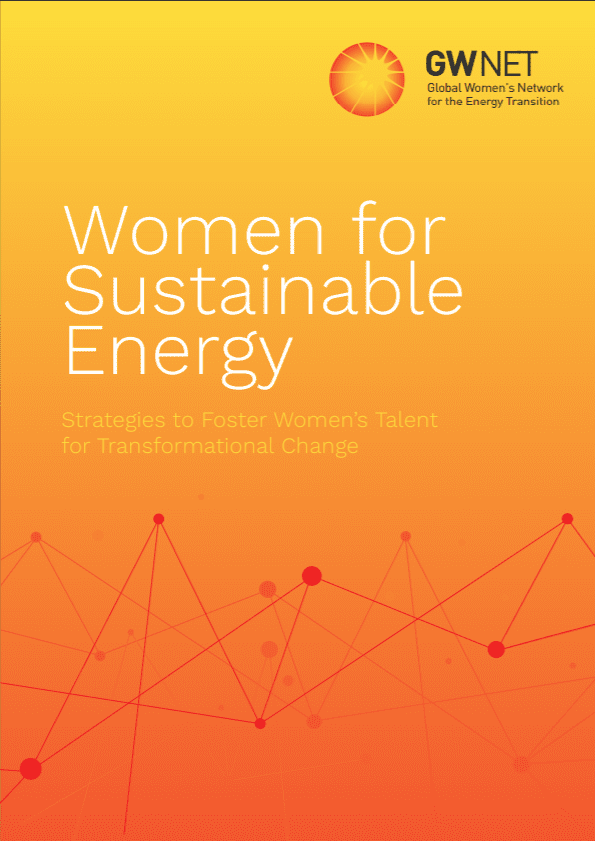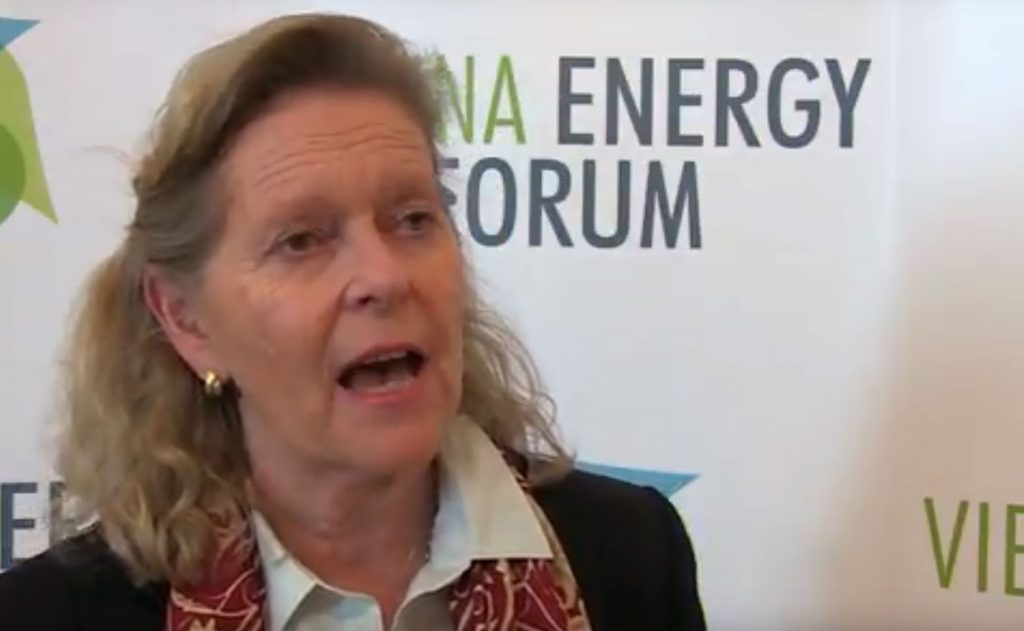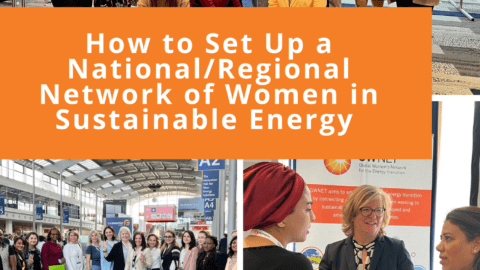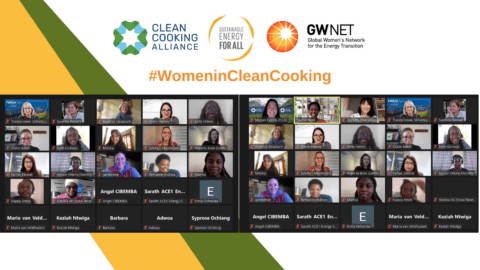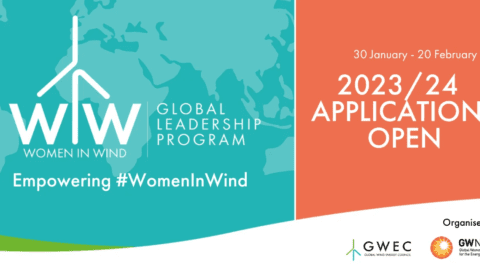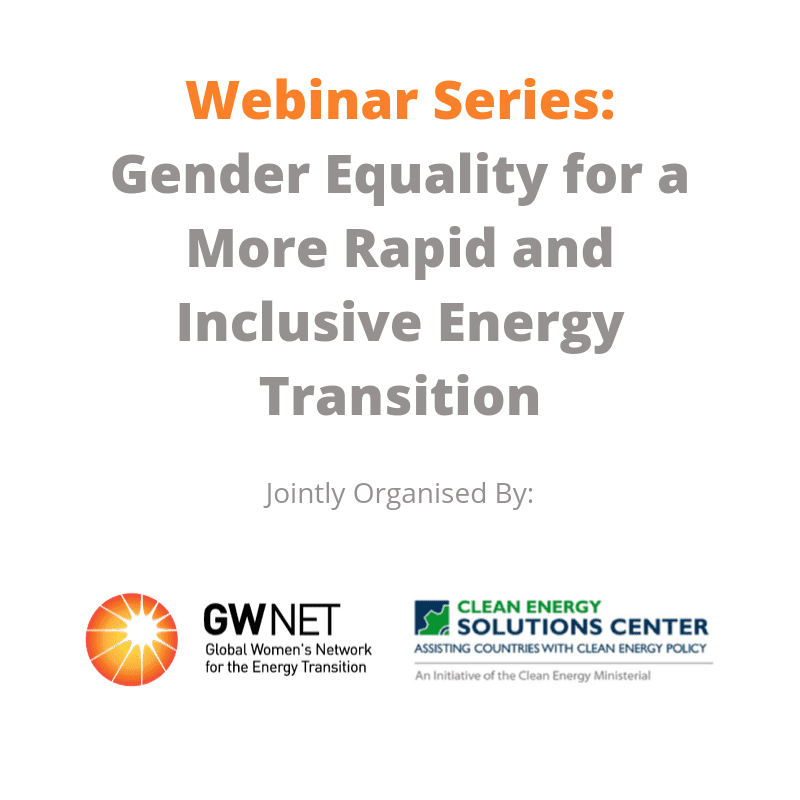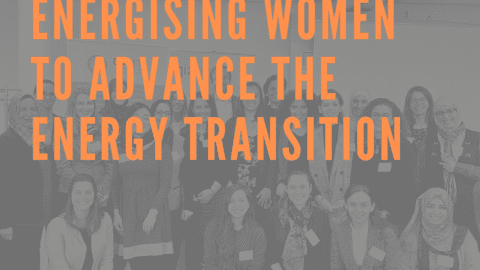- The study “Women for Sustainable Energy: Strategies to Foster Women’s Talent for Transformational Change” by the Global Women’s Network for the Energy Transition, is now available for reading.
- The study was commissioned to answer the question ‘What can we do to increase women’s employment in the sustainable energy sector?’
- The study lays down a rich and detailed set of strategies, based on industry interviews and literature review, and underpinned by selected good practice examples – with a view to inspire women’s equal inclusion in the sustainable energy sector.
Vienna, Austria, 20 February 2020: The Global Women’s Network for the Energy Transition (GWNET) has launched the study “Women for Sustainable Energy: Strategies to Foster Women’s Talent for Transformational Change.” This study was commissioned to answer the question ‘What can we do to increase women’s employment in the sustainable energy sector?’ and examines:
- how well women are currently integrated into the corporate sustainable energy sector;
- which obstacles women encounter;
- and what recommendations – building on existing experiences and emerging best-practice – can be put forward to promote women’s participation on par with men’s in sustainable energy.
Energy transitions are underway globally in a variety of shapes and forms, from large corporatised businesses to small community ventures. While the labour force in the sustainable energy sector is projected to grow significantly, achieving gender balance will need significant effort from all stakeholders.
Christine Lins, Executive Director and Founding Member of GWNET, said: “We are thrilled to debut our first study on women working in the corporate sustainable energy sector. We believe that this study will shine a light on some of the most pressing obstacles to the attraction, retention, and advancement of women in the corporate sector, ultimately spurring positive action towards women’s equal inclusion in the sustainable energy sector.”
Dr Irene Giner-Reichl, Chairperson of the GWNET Governing Board, said: “Women want and need to contribute fully to the transformational change necessary to implement our common blueprint for sustainable development, the 2030 Agenda, and to stabilise the global climate at below 1.5 degree Celsius of warming in line with the Paris agreement on climate change. This study shows that many actors are already using many approaches to overcome the obstacles that currently prevent women from contributing fully to sustainable energy. So there are many examples to emulate! We hope that the study will strengthen the resolve and passion of women already engaged in sustainable energy and trigger processes and decisions – collective and individual – that will enable women everywhere to work in sustainable energy on an equal footing with men in order to bring about carbon-neutrality at all levels, and to do so swiftly.”
Strategies to achieve women’s equal inclusion outlined in the study include:
- establishing and implementing quotas;
- attracting more women and girls to STEM;
- designing inclusive recruitment practices;
- strategies for an inclusive workplace;
- bringing more women into senior decision-making roles;
- building increased transparency and accountability;
- utilizing existing resources and toolkits; and
- supporting coalitions that aim at elevating the sector’s inclusiveness.
Read the study here.
About GWNET
GWNET aims to advance the global energy transition by empowering women in energy through interdisciplinary networking, advocacy, training, coaching and mentoring. GWNET seeks to address the current gender imbalances in the energy sector and to promote gender-sensitive action around the energy transition in all parts of the world. See more: https://www.globalwomennet.org/
For more information, please contact:
Davina Ngei
Communications Manager
E: davina.ngei@globalwomennet.org

